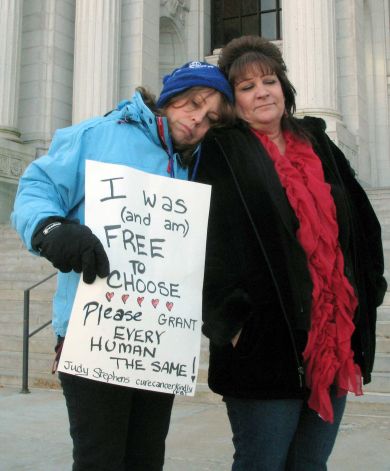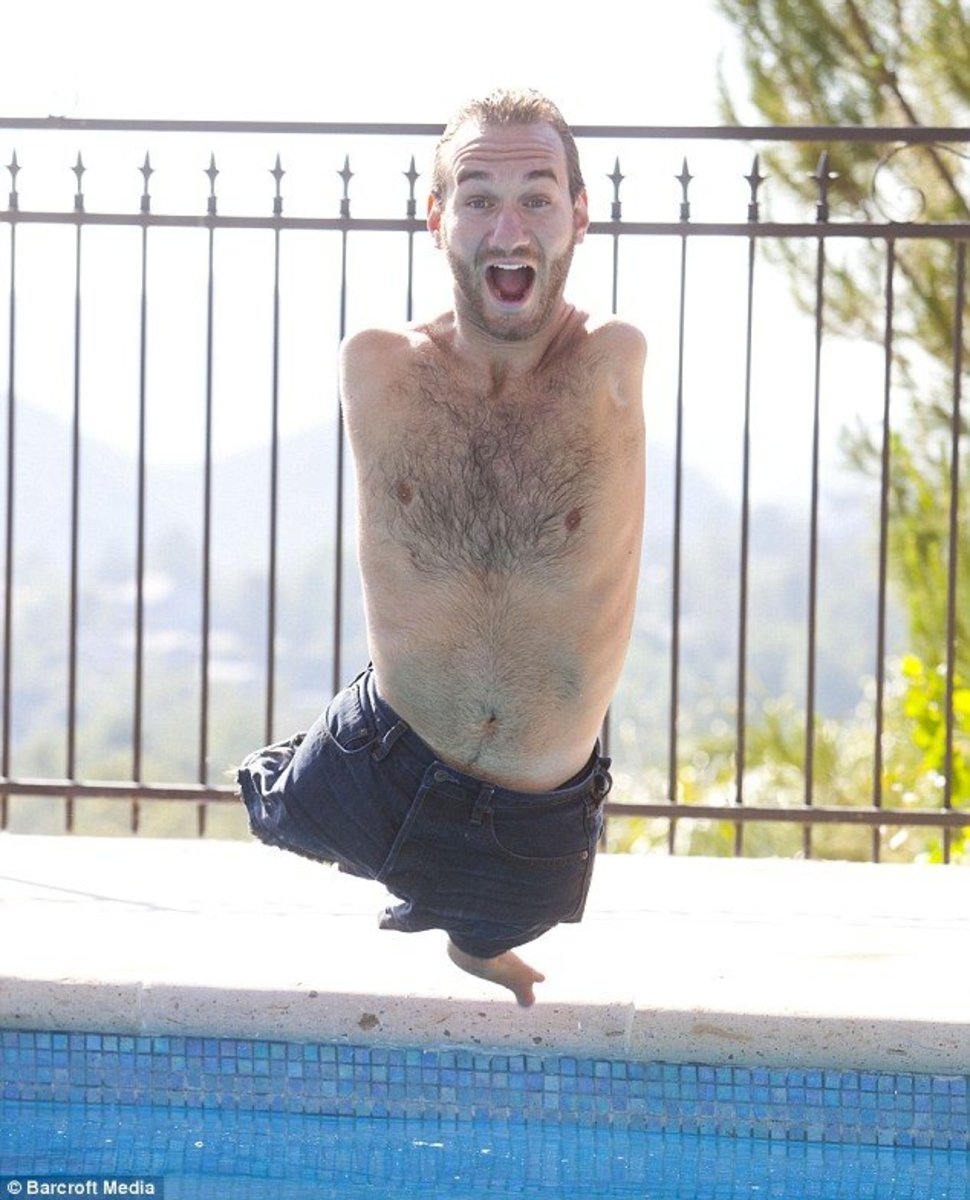Supreme Court Forces Teen to Take Chemo?

Should a Minor Make Life and Death Decisions?
Today, the Connecticut Supreme Court upheld a previous ruling that a 17-year-old cancer patient must undergo chemotherapy treatments against her will. The cancer patient who has been identified as Cassandra Callender was diagnosed with Hodgkin's lymphoma last September. Cassandra ran away from her Connecticut home in November after having undergone two treatments of chemotherapy. When she was found and brought back to her home, her mother agreed to support her decision to refuse anymore treatments; as the child believed that the chemotherapy was doing more harm than good. However, Connecticut Children's Medical Center reported the mother to the Connecticut Department of Children and Families (DCF) on the grounds that the mother was placing her child at risk. Cassandra was taken into custody by DCF and the mother was forced to adhere to the medical care administered by the agency, since the child was no longer under her supervision.
After a trial court hearing in which the teen's doctors testified that without treatment the girl would surely die a verdict was rendered in favor of DCF. At this point, DCF could now legally authorize treatments as Cassandra's temporary legal guardians. However, the mother filed an appeal with the help of the American Civil Liberties Union stating that this violated their constitutional rights and that the state should recognize the mature minor doctrine which permits minors who have the mental maturity of an adult, to make decisions as an adult.
Peter Johnson Jr. a legal analyst for Fox News believes that the family of the teen is misinterpreting what the law is supposed to represent. “Wrong on the law, first of all, the state of Connecticut has an obligation to preserve life of an infant. The state of Connecticut has an obligation to prevent suicide. If she does not get this treatment, this is a form of suicide, and frankly the American Civil Liberties Union is complicit in her death if she dies,” Johnson told Fox and Friends' Peter Doocy.
However her mother, Jackie Fortin disagrees with Johnson's assessment of the case.“This is her decision, and she’s very intelligent enough to make this decision on her own,” Fortin told the Hartford Courant, while further reiterating her belief that the state is overreaching its boundaries.“She does not want poisons in her body, and she does not want to be forced through the state or the government to force her to do such a thing. And right now, at this moment, she is being forced chemo upon her against her wish.”
Whether wrong or right it is the Department of Children and Families obligation as an agency to prevent any minor from being put in harms way. Kristina Stevens an administrator for the Connecticut Department of Children and Families went on record as to the reasons of why they intervened."We had the benefit of experts who could tell us with great clarity if in fact we don't do something, if the system doesn't react and respond, this child will die," Stevens says.
Cassandra's attorney, Joshua Michtom will argue on Cassandra's behalf that maturity does not come about at a certain age and that the state of Connecticut should rethink their current position on the issue and, instead, adopt a policy that judges each situation pertaining to this issue on a case by case structure.
Does the government have a right to force someone to undergo life-saving treatments?
Should the Government intervene?
This case has become a legal conundrum of which there isn't a clear and concise answer. For years abortion advocates have been proclaiming my body, my choice and some states have allowed minors to have abortions without parental consent. Even though this case is not related to abortion it does fall under the same category and the same arguments for and against the procedure. This case has once again brought about the question of what right does the government have in making personal decisions for anyone, including minors. Sure the government should have some rights when it pertains to minors but should those rights override the wishes of their own parents? After all wouldn't that interfere with certain individual's religious beliefs that strictly prohibit medical intervention? While this case has furthered the conversation, it hasn't solved the problem entirely. This will be an ongoing dilemma for the court system for years to come.





![The Fallout From the Conservative Assault on the Right to Privacy and the Supreme Court's Lurch back to 1820 [Updated] The Fallout From the Conservative Assault on the Right to Privacy and the Supreme Court's Lurch back to 1820 [Updated]](https://images.saymedia-content.com/.image/t_share/MTkxMTU1MjUyMDYwMjM1NTM5/the-fallout-from-the-conservative-assault-on-the-right-to-privacy-and-the-supreme-courts-lurch-back-to-1820.jpg)



